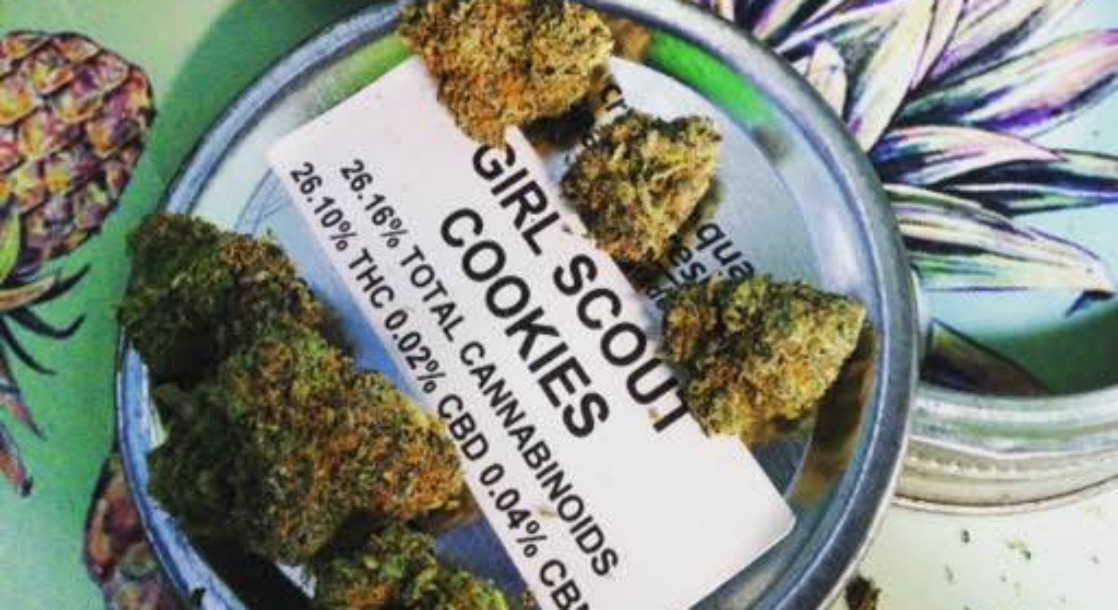Image via
When it comes to improving athletic performance and recovery, CBD is gaining traction as a promising supplement. As an intermediate cannabis user, you’re probably familiar with mainstream cannabinoids like Delta 9 THC, but you may be less acquainted with its lesser-known cousin, Delta 8 THC. Both Delta 8 and Delta 9 can also impact your workout and post-exercise recovery. Here’s how.
What is CBD?
CBD, short for cannabidiol, is a non-psychoactive cannabinoid found in the cannabis plant. Unlike Delta 9 THC, CBD doesn’t produce a ‘high.’ It has been widely researched for its potential anti-inflammatory, analgesic, and anti-anxiety properties, making it an intriguing option for athletes.
The Role of Delta 8 and Delta 9
Delta 8 and Delta 9 are psychoactive cannabinoids, the difference being their molecular structure and the type of receptors they bind to in the human endocannabinoid system. Delta 9 is the well-known compound responsible for the euphoric high associated with marijuana. Delta 8, however, offers a milder high, often described as clear-headed and energizing.
How CBD Enhances Your Workout
CBD is known for its anti-inflammatory effects, which can aid in muscle recovery. Moreover, CBD may also help reduce anxiety and improve sleep quality, two factors that can positively affect athletic performance.
How Delta 8 and Delta 9 Come Into Play
Delta 8 can be beneficial for those looking for a less intense psychoactive effect but with similar therapeutic benefits. Some athletes prefer Delta 8 for its reported clearer focus, which can be advantageous during a workout. On the other hand, Delta 9 may offer stronger pain relief and relaxation, which can be beneficial for post-workout recovery.
How are CBD, Delta 8, and Delta 9 Produced?
- CBD: Extracted from hemp or cannabis plants, often via CO2 extraction methods.
- Delta 8: Generally produced through a process that converts CBD into Delta 8 THC, involving catalysts and controlled conditions.
- Delta 9: Naturally occurring in cannabis plants and extracted in concentrated forms like oils, edibles, and tinctures.
Legal Aspects
CBD derived from hemp plants containing less than 0.3% Delta 9 THC is federally legal in the U.S. The legality of Delta 8 and Delta 9 varies by state, and it’s crucial to be aware of your local laws.
Testing for Delta 8 and Delta 9
Yes, both Delta 8 and Delta 9 THC can be detected in drug tests. They both break down into THC metabolites, which are the markers typically searched for in standard drug tests.
The Key Differences
- Psychoactive Levels: Delta 9 is more potent than Delta 8.
- Legal Status: Delta 9 is often more strictly regulated.
- Focus vs. Relaxation: Delta 8 is usually more associated with focus and energy, whereas Delta 9 is linked with relaxation and pain relief.
Workout Wrapup
For the intermediate cannabis user looking to optimize their workout experience, incorporating CBD, Delta 8, or Delta 9 offers an array of possibilities. From aiding in recovery with CBD’s anti-inflammatory properties to choosing between the focusing benefits of Delta 8 or the relaxation effects of Delta 9, the world of cannabinoids provides a versatile toolkit for athletic enhancement and recovery.
Always consult with healthcare professionals before starting any new supplement or treatment and stay up-to-date with your local regulations, as the legal landscape for cannabinoids is continually evolving.











